AWW: They also have -- however, you feel like pronouncing it Ra's [Rahz or Raysh] al Ghul. [Ra's Al Ghul, the 1970s Batman villain co-created by Neal Adams, has had his name pronounced different ways The 1990s Batman: The Animated Series used the Raysh pronunciation. On the Arrow TV show, characters use either pronunciation.]
NA: Well, I don't think you can pronounce it Raysh unless it's spelled Rasch. But R, A, Apostrophe, S spells Ra's. In English. Unless that's Arabic and it's not. Rahz. I think it's funny that people try to make something of this thing. You know, it's like it's a Croissant. Now, it's spelled crescent. Just in France is it a croissant. In America, it's a crescent roll. I'm sorry. I know you want to say croissant. But it's not a croissant. It's a crescent roll. But if you're in France, you can say croissant. But no, this is Ra's al Ghul. R, A, Apostrophe, S. There's no other way to pronounce it, except for Rahz. Raysh -- I don't know where you get the extra letters to say that, unless you're affected. You're hanging around Greenwich Village and well, we're trying to be a little bit literate here. I read Tolstoy and it's Raysh -- Raysh al Ghul. Yeah, okay, fine, if that's what you want. But it's spelled R, A, apostrophe, S, sorry. I had an Arab kid come to a convention, like 16 or 17 years old, and we're talking and it turns he's an Arab and we had a nice little chat. And I said "Wait a second, hold on, Ra's al Ghul - R, A, Apostrophe, S, how's that pronounced?" And he said "Ra's al Ghul." I said "You mean, it's not Raysh?" He says "Why would it be Raysh?" That's stupid. "You're from Saudia Arabia, right?" "Yeah. It's not. It's the head of the demon. It's Ra's. Unless you spell things differently here." "No, we don't. Thank you." These little experiences make life delightful.
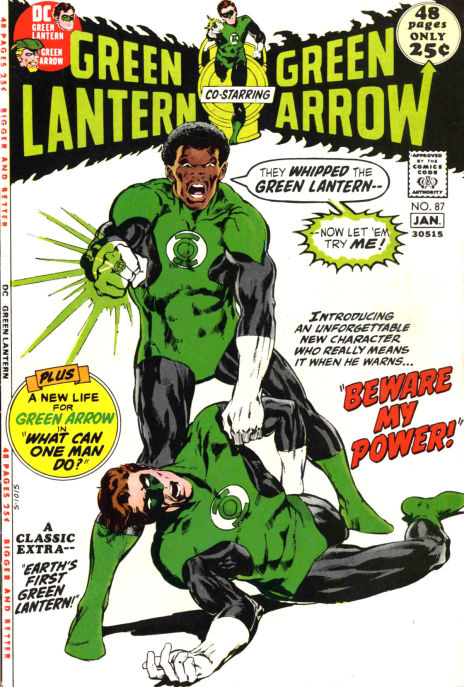
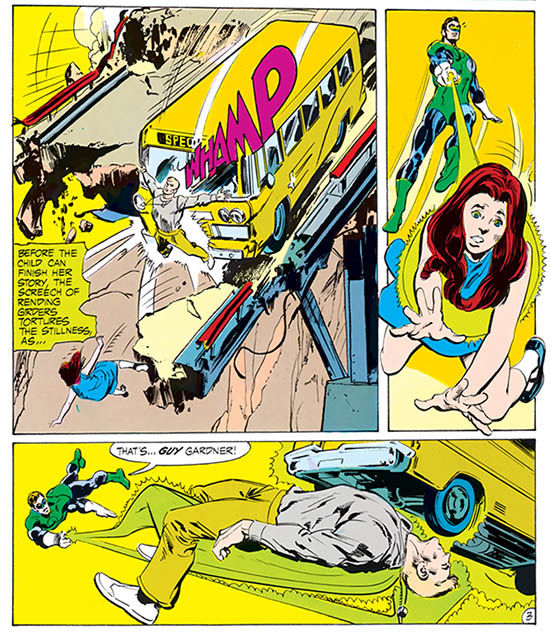
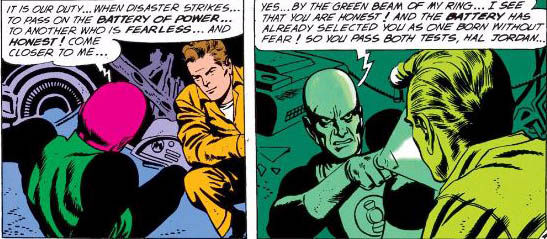
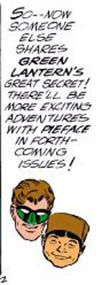
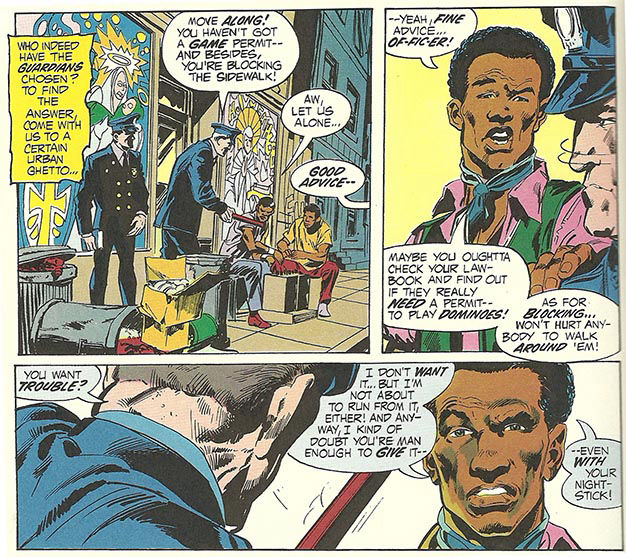
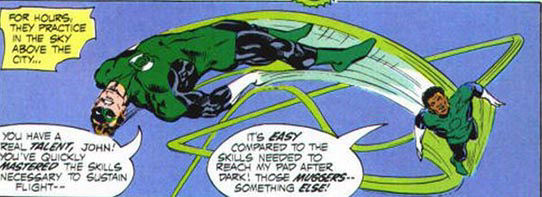
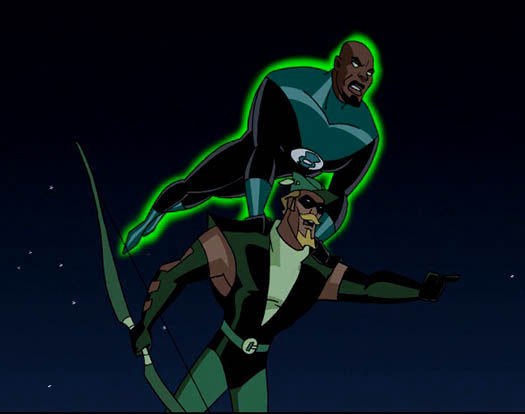
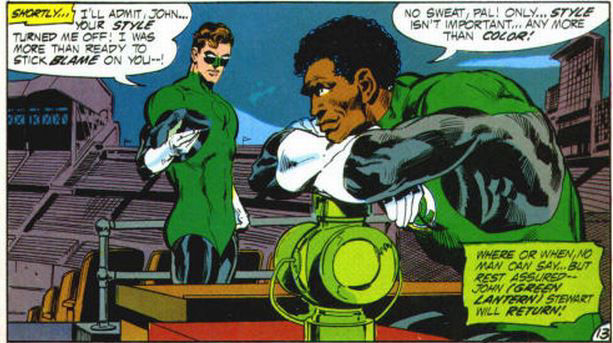
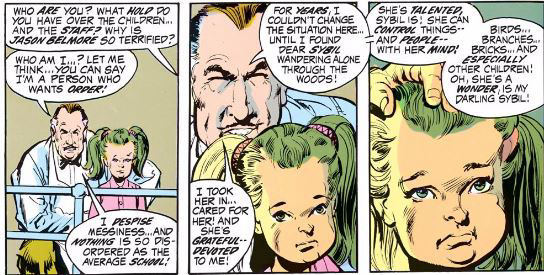
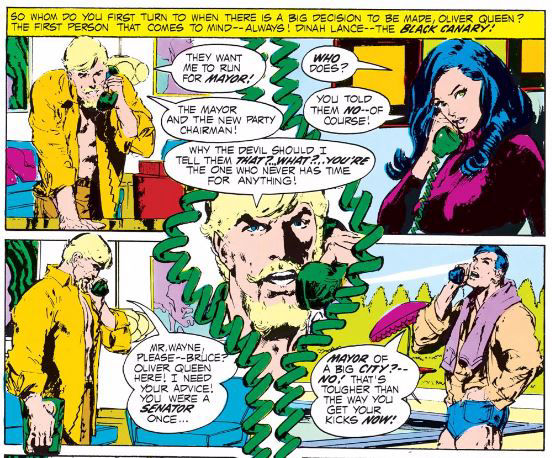
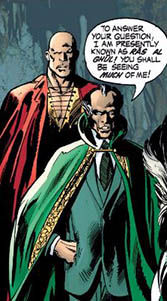
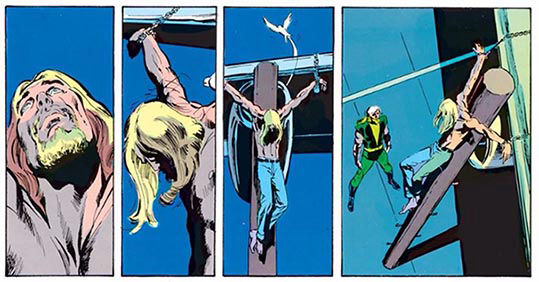
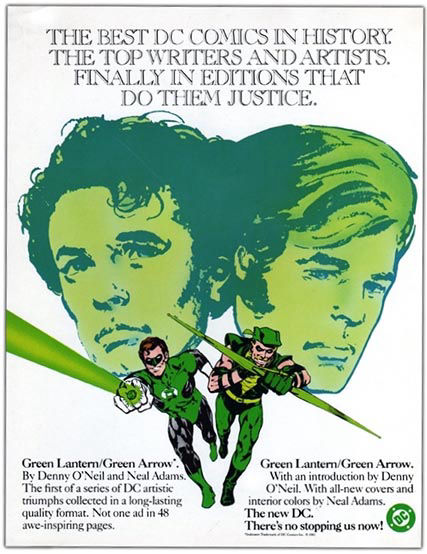
Contact Us